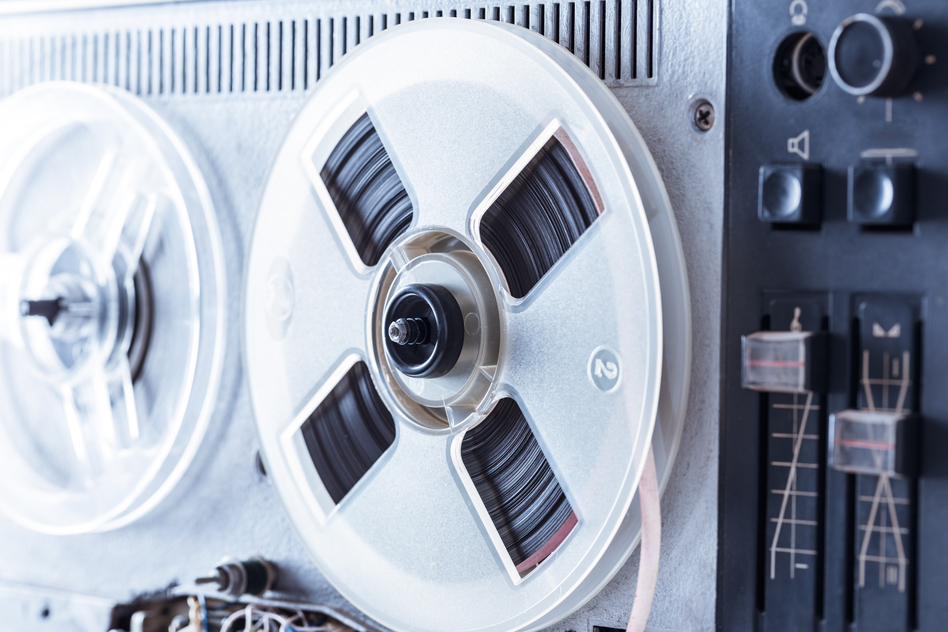You may not realize it, but, in Florida, you can sue someone for recording a conversation without permission (or, alternatively, if you record a conversation, you can be sued).
Section 934.10, Florida Statutes, allows anyone “whose wire, oral, or electronic communication is intercepted, disclosed, or used in violation of sections 934.03-934.09” to sue the person or entity who did the interception. The law allows affected persons to recover actual damages or liquidated damages up to $1000, as well as equitable relief, and, if necessary, punitive damages, plus attorney’s fees.
What recordings are subject to litigation?
To fall under section 934.10, the section that gives a civil remedy, the person you are suing must have violated one of the following statutes:
- 934.03. Interception and disclosure of wire, oral, or electronic communications prohibited
- 934.04. Manufacture, distribution, or possession of wire, oral, or electronic communication intercepting devices prohibited
- 934.05. Confiscation of wire, oral, or electronic communication intercepting devices
- 934.06. Prohibition of use as evidence of intercepted wire or oral communications; exception
- 934.07. Authorization for interception of wire, oral, or electronic communications
- 934.08. Authorization for disclosure and use of intercepted wire, oral, or electronic communications
- 934.09. Procedure for interception of wire, oral, or electronic communications
Each one of these statutes is lengthy, and many have their own exceptions. As such, the question, “when can you sue someone for recording a conversation” cannot be answered neatly in one blog post. However, here are a couple of hypothetical situations where someone may be susceptible to a lawsuit:
- A company that secretly monitors telephones to prevent its employees’ misconduct may subject itself to lawsuits if it does not obtain the employees’ permission first. If you are an employer and plan to record your employees’ telephone calls, it’s probably a good idea to get written consent before doing so.
- A husband or wife secretly recording the conversations of his or her spouse may be subject to litigation. In 1984 the Florida Supreme Court found that the doctrine of interspousal tort immunity does not bar a civil action against a spouse under Section 934.10. Burgess v. Burgess, 447 So. 2d 220, 221 (Fla. 1984).
When can you *not* sue someone for recording a conversation?
Not every recorded conversation is subject to the law. The obvious answer is when you consent to the recording either directly or impliedly (i.e., “this call may be recorded for monitoring purposes”).
Furthermore, section 934.10(2) provides an express exception where the recording was made based on a “good faith reliance on”:
(a) A court order, subpoena, or legislative authorization as provided in ss. 934.03-934.09,
(b) A request of an investigative or law enforcement officer under s. 934.09(7), or
(c) A good faith determination that Florida or federal law, other than 18 U.S.C. s. 2511(2)(d), permitted the conduct complained of
Additionally, the courts have denied several litigants relief in various situations. To mention just a few:
- No civil cause of action exists where the interception was only attempted. Stalley v. ADS Alliance Data Systems, Inc., 296 F.R.D. 670 (M.D. Fla. 2013)
- Where silent video images of doctors were recorded by hidden surveillance cameras, it was not a violation because the doctors’ physical conduct recorded on silent videotapes did not convey the substance of a particular communication. Minotty v. Baudo, (Fla. 4th DCA 2010).
- Someone who made statements at an aborted deposition, knowing that he was being recorded and after objecting to recording, did not have a cause of action because under those circumstances lacked the expectation of privacy required under statute. Williams v. Carney, 157 Fed.Appx. 103, 2005 WL 2662550 (11th Cir. 2005)
Overall, its complicated, and each situation is different, where the outcome can be different depending on the unique facts and situations.
How long do you have to sue someone for recording a conversation?
Section 934.10(3) provides a statute of limitations of two years from the date when you would have “first has a reasonable opportunity to discover the violation.”
Do you think you should sue someone for recording a conversation in Florida?
If you have questions or would like to consult with an attorney about your issue, call Cynthia Conlin & Associates at 407-965-5519 or email us through our contact page.




Leave a Reply